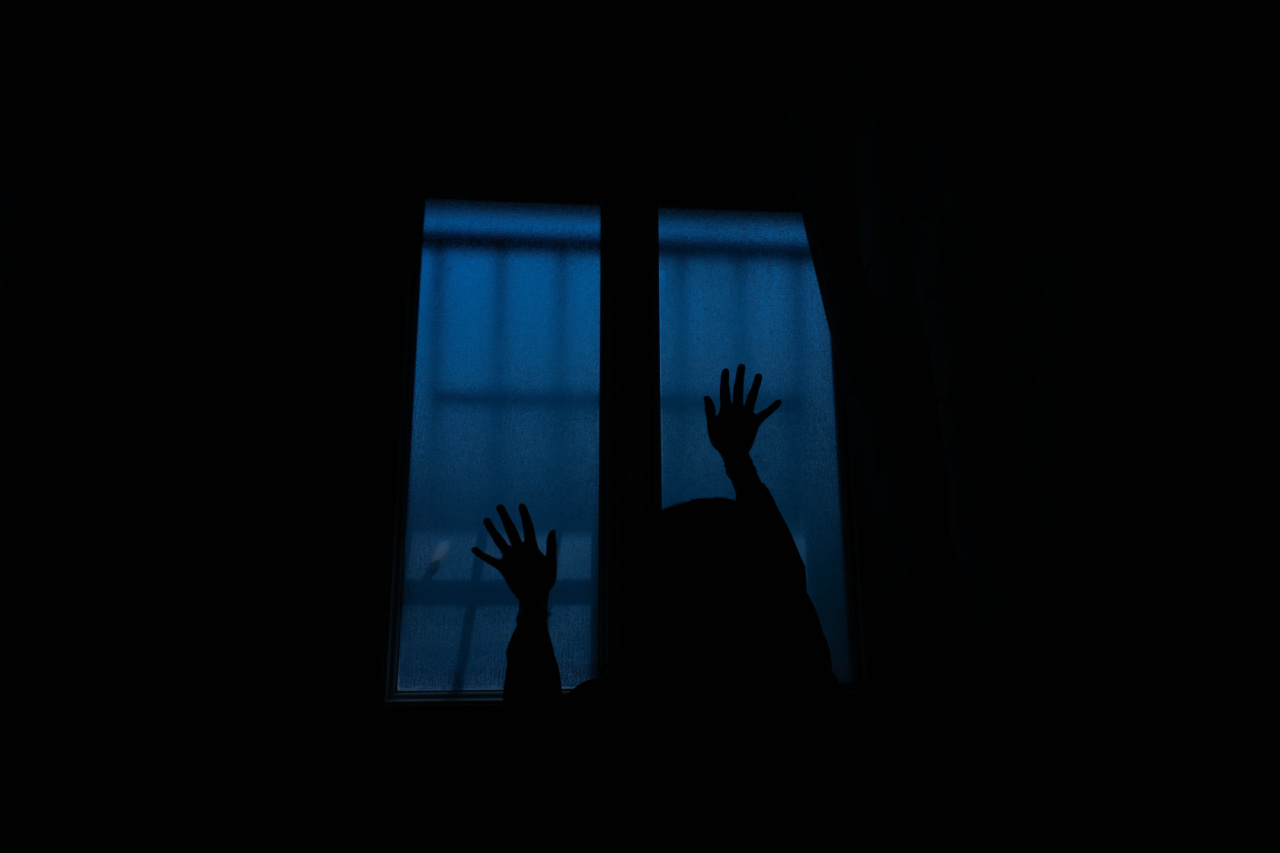Stamina, the ability to sustain physical or mental effort for extended periods, is a vital component of overall health and well-being.
While stamina levels can vary greatly between individuals, studying how stamina varies specifically during the night can provide valuable insights into sleep quality, energy levels, and overall performance. This article will delve into the factors influencing nighttime stamina variations, potential benefits and drawbacks, and tips for optimizing stamina during the night.
The Role of Circadian Rhythms
One of the primary determinants of nighttime stamina variations is our body’s internal clock, known as the circadian rhythm.
This intricate system regulates various physiological processes, including sleep-wake cycles, hormone production, and metabolism. Our stamina tends to follow a natural pattern throughout the day, with fluctuations depending on the time.
Phase of Sleep
Another crucial aspect affecting nighttime stamina variations is the phase of sleep an individual is in. Sleep consists of several stages, including light sleep, deep sleep, and REM (rapid eye movement) sleep.
Stamina levels can vary depending on which stage of sleep an individual is in when they wake up or perform tasks during the night.
Impact of Sleep Quality on Stamina
A person’s sleep quality has a substantial effect on their stamina during the night. Factors such as insomnia, sleep apnea, or disruptive sleep cycles can negatively impact sleep quality, leading to decreased stamina levels.
Addressing sleep quality issues is essential for maintaining optimal nighttime stamina.
Influence of Daily Activity and Exercise
One’s level of physical activity and exercise throughout the day can significantly influence nighttime stamina levels. Engaging in regular physical exercise can boost overall stamina and promote better sleep quality.
However, exercising too close to bedtime can cause heightened alertness, potentially disrupting sleep and affecting nighttime stamina.
Stimulant Consumption
The consumption of stimulants, such as caffeine or nicotine, can impact nighttime stamina variations. These substances can interfere with sleep patterns and make it more challenging to fall asleep or maintain deep sleep.
Individuals should be mindful of their stimulant intake, especially in the hours leading up to bedtime.
Effects of Environmental Factors
The environment in which an individual sleeps can also influence their nighttime stamina. Factors such as noise levels, ambient temperature, and lighting conditions can all impact sleep quality and, consequently, stamina levels during the night.
Creating a comfortable and conducive sleep environment can help optimize nighttime stamina.
Biological and Genetic Factors
Biological and genetic factors play a significant role in determining an individual’s stamina levels during the night.
Some people naturally possess higher stamina levels, while others may have certain genetic variations that impact their sleep quality. Understanding one’s own biological predispositions can help manage and optimize nighttime stamina.
Benefits of Optimal Nighttime Stamina
Having optimal nighttime stamina can lead to numerous benefits. It promotes a more restful sleep, which aids in physical and mental recovery. Improved nighttime stamina can enhance cognitive performance, memory consolidation, and overall mood regulation.
Additionally, individuals with better nighttime stamina may experience increased productivity and better physical endurance during the day.
Drawbacks of Impaired Nighttime Stamina
Conversely, impaired nighttime stamina can have various negative consequences. Persistent sleep disturbances and low stamina levels at night can lead to daytime fatigue, reduced concentration, and impaired decision-making abilities.
Consistently low nighttime stamina can even contribute to the development of long-term health issues, such as obesity, cardiovascular problems, and mood disorders.
Tips for Optimizing Nighttime Stamina
To maximize nighttime stamina, it is essential to adopt healthy sleep habits and practices. Here are some tips:.
1. Establish a Consistent Sleep Schedule
Go to bed and wake up at the same time every day, even on weekends. This helps regulate the body’s internal clock and promotes better nighttime stamina.
2. Create a Relaxing Bedtime Routine
Engage in relaxing activities before bed, such as reading a book, practicing mindfulness, or taking a warm bath. This helps signal your body that it’s time to wind down and prepare for sleep.
3. Make Your Sleep Environment Conducive to Rest
Ensure your sleep environment is cool, quiet, and dark. Investing in comfortable bedding and blocking out external noise or light can significantly improve sleep quality and overall nighttime stamina.
4. Limit Stimulant Intake
Avoid consuming stimulants, such as caffeine or nicotine, in the hours leading up to bedtime. These substances can interfere with sleep quality and negatively impact nighttime stamina.
5. Regular Physical Exercise
Engage in regular physical exercise, but avoid intense workouts close to bedtime. Regular exercise promotes overall stamina, but exercising too close to sleep can affect your ability to fall asleep quickly and maintain deep sleep.
6. Manage Stress Levels
High stress levels can disrupt sleep patterns and impair nighttime stamina. Practice stress-management techniques such as meditation, deep breathing exercises, or engaging in hobbies that help you unwind.
Conclusion
Understanding the variations in nighttime stamina between individuals is crucial for promoting healthy sleep patterns and overall well-being.
Factors such as circadian rhythms, sleep quality, daily activity levels, and environmental influences can all impact nighttime stamina. By adopting optimal sleep habits and making appropriate lifestyle changes, individuals can enhance their nighttime stamina, leading to improved sleep quality and overall vitality.






























